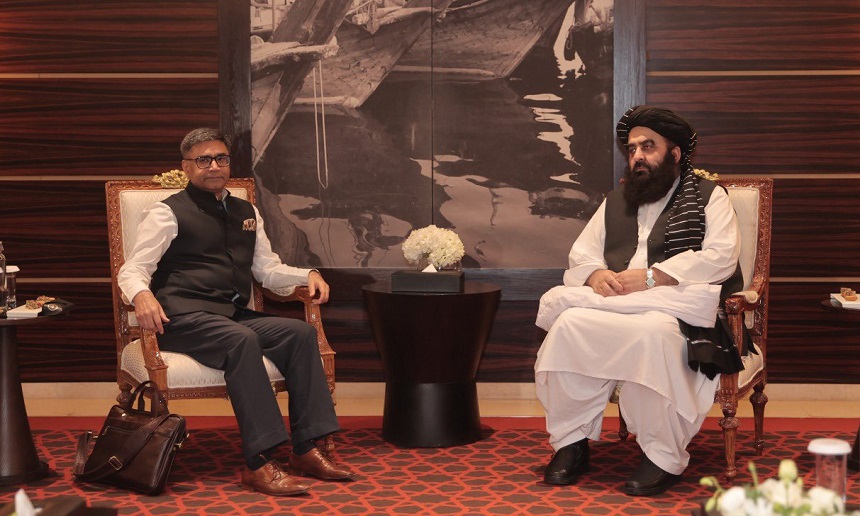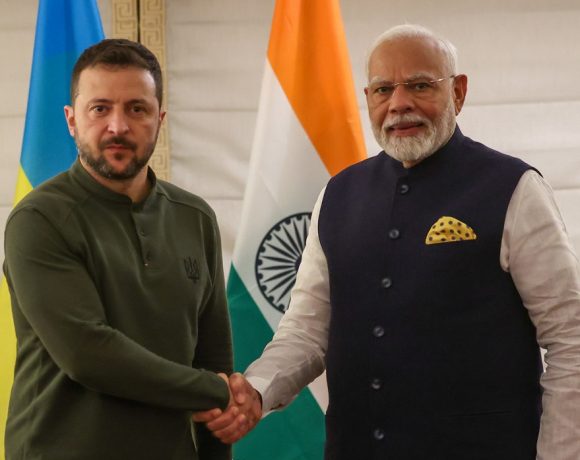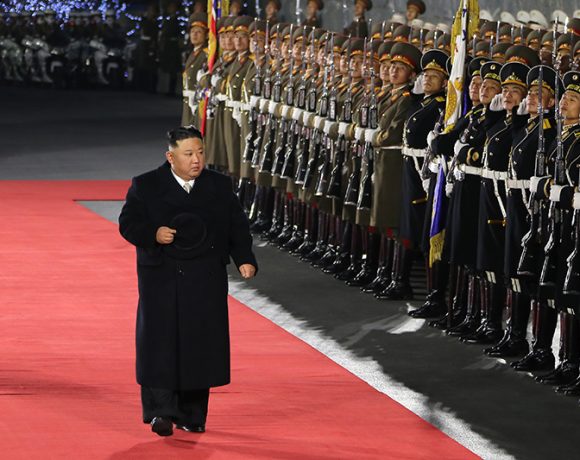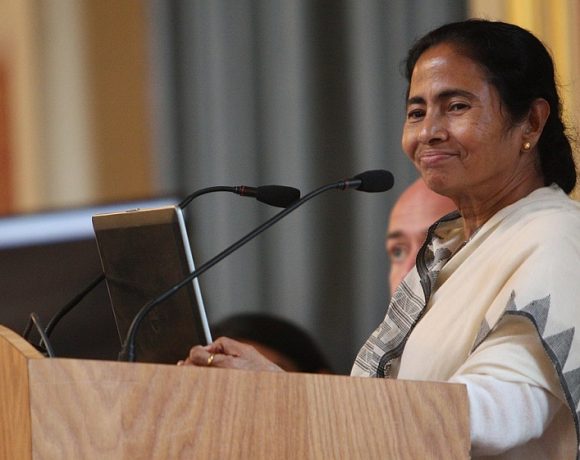
Taliban Requests India to Resume Visa Issuance for Afghans
The Taliban-led administration in Afghanistan has formally requested the Indian government to resume issuing visas to Afghan nationals, including students, patients, and professionals. This plea comes amid mounting challenges faced by Afghans seeking access to education, healthcare, and other essential services in India.
Appeals for Humanitarian Visas
The Taliban has expressed concerns about the difficulties faced by Afghan citizens due to the suspension of visa services since the fall of Kabul in August 2021. The request highlights the critical need for Afghan students to continue their education in Indian institutions, many of whom were enrolled in courses but are now unable to attend due to visa restrictions.
Similarly, patients seeking advanced medical care in India have been affected, with many unable to access treatment facilities that were once a lifeline for Afghan citizens.
A Taliban representative remarked, “India has been a key partner for Afghans, and we urge the government to restore visa services to address these pressing issues.”
Security and Diplomatic Challenges
India suspended its visa operations for Afghan nationals following the Taliban’s takeover, citing security concerns. Despite reopening its embassy in Kabul earlier this year, Indian officials remain cautious about fully resuming services due to the prevailing instability in Afghanistan.
However, the Taliban has assured India of its cooperation in ensuring the security of diplomatic missions and their personnel. The group has emphasized the historical ties between the two nations and its commitment to fostering a stable relationship.
Impact on Afghan Students and Patients
The lack of visas has left thousands of Afghan students in limbo, unable to return to their studies. Many universities and colleges in India had previously welcomed Afghan students under scholarships or special programs, fostering educational opportunities and cultural exchange.
In addition, patients requiring specialized medical treatment, including surgeries and cancer care, have been particularly affected. India was a favored destination for affordable and advanced healthcare among Afghans, and the suspension of visas has further exacerbated their struggles.
Future Prospects
India’s response to the Taliban’s request remains uncertain, as it continues to navigate the complexities of engaging with the group while prioritizing national security. Analysts suggest that humanitarian considerations may influence India’s decision, as it seeks to balance geopolitical concerns with its historical ties to Afghanistan.
Restoring visa services could strengthen people-to-people connections and reinforce India’s role as a trusted partner for Afghans in need. As discussions progress, the global community will closely monitor how India addresses this sensitive issue, ensuring a balance between security and humanitarian commitments.


















